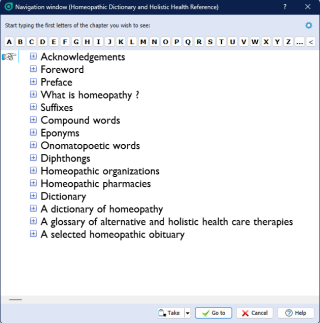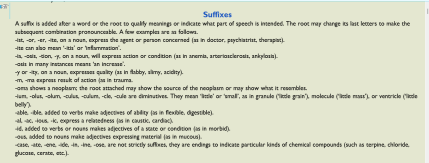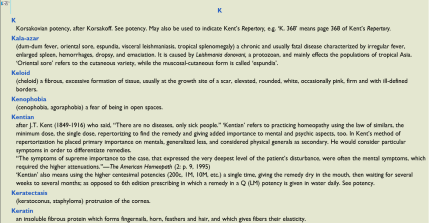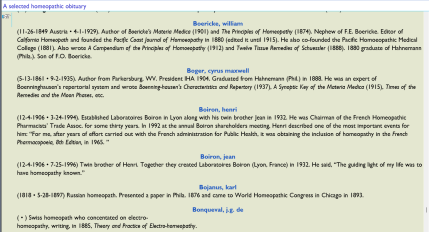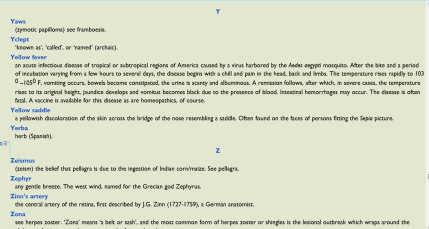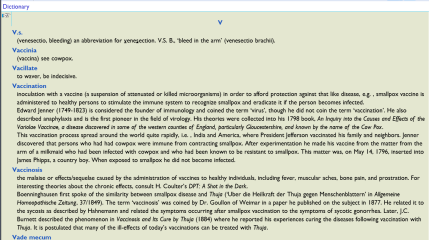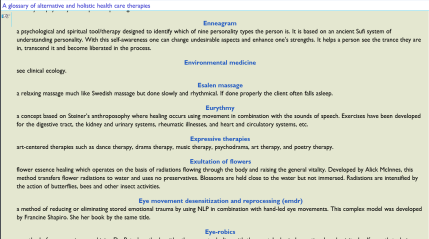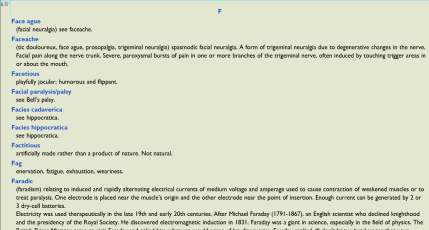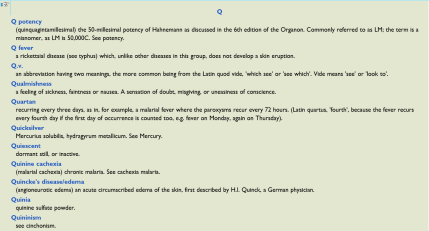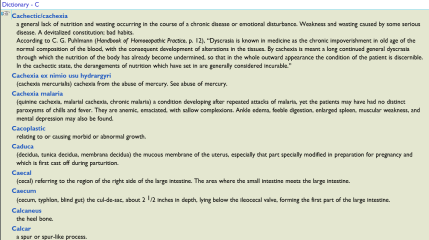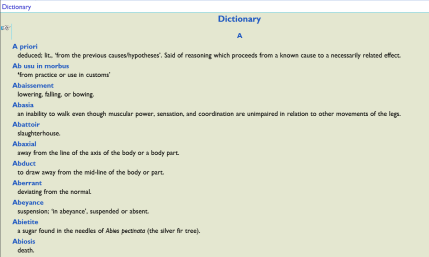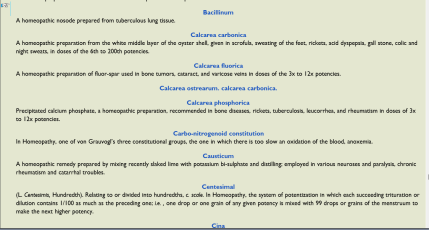Homeopathic Dictionary
Jay Yasgur
A must-have Dictionary of Medical & Homeopathic terms for every serious Homeopath!
Yasgur's Homeopathic Dictionary in RadarOpus
Years ago when first starting my study of homeopathy I was shocked by the number of medical terms which were not familiar to me. Even though I had taken an etymology course in pharmacy school I still found myself looking up words. It was then that the seed was planted to write this book. I did not realize how much nurturing that seed would require.
Jay Yasgur, USA, 1990
To practice Homeopathy, you need to be able to understand the contemporary equivalents of archaic terminology - this is THE book to be able to do that!
You will also find
- Pages of Obituaries of our leading Homeopaths
- Correct pronunciations of remedies
- A glossary of Alternative Therapies
I have often told people that one way to begin to understand the language of homeopathic literature is to read 19th century literature. That was the native language of Dr. James Tyler Kent. Were Kent (or any other 19th century person) to suddenly appear today, we would have little trouble understanding them—certainly not the amount of trouble we would have understanding Shakespeare or Milton. Yet the similarity of the language is deceiving, for there are subtle shadings in the meaning of words. When the epidemic diseases of diphtheria, typhoid, malaria, and tuberculosis were such a large part of the world for the inhabitants of the 1800s, it is no wonder that they developed a whole vocabulary for talking about these things. As the diseases faded into history, so did the language to describe them. Yet it is seen every day by those who access Kent’s Repertory of the Materia Medica.
Certainly, some of the definitions for these strange words may be found in a modern dictionary. Others can be found in medical dictionaries. But some are all but lost—to be found only in medical dictionaries that were published at the turn of the century.
Jay Yasgur has done a great service by once again bringing these definitions to our consciousness. Many of these terms are, indeed, obsolete and may refer to something that is now never seen in modern medicine. Yet others are so completely descriptive, that, as they become part of our vocabulary, our understanding of the repertory and the materia medica is enhanced.
Julian Winston
Editor, Homeopathy Today

